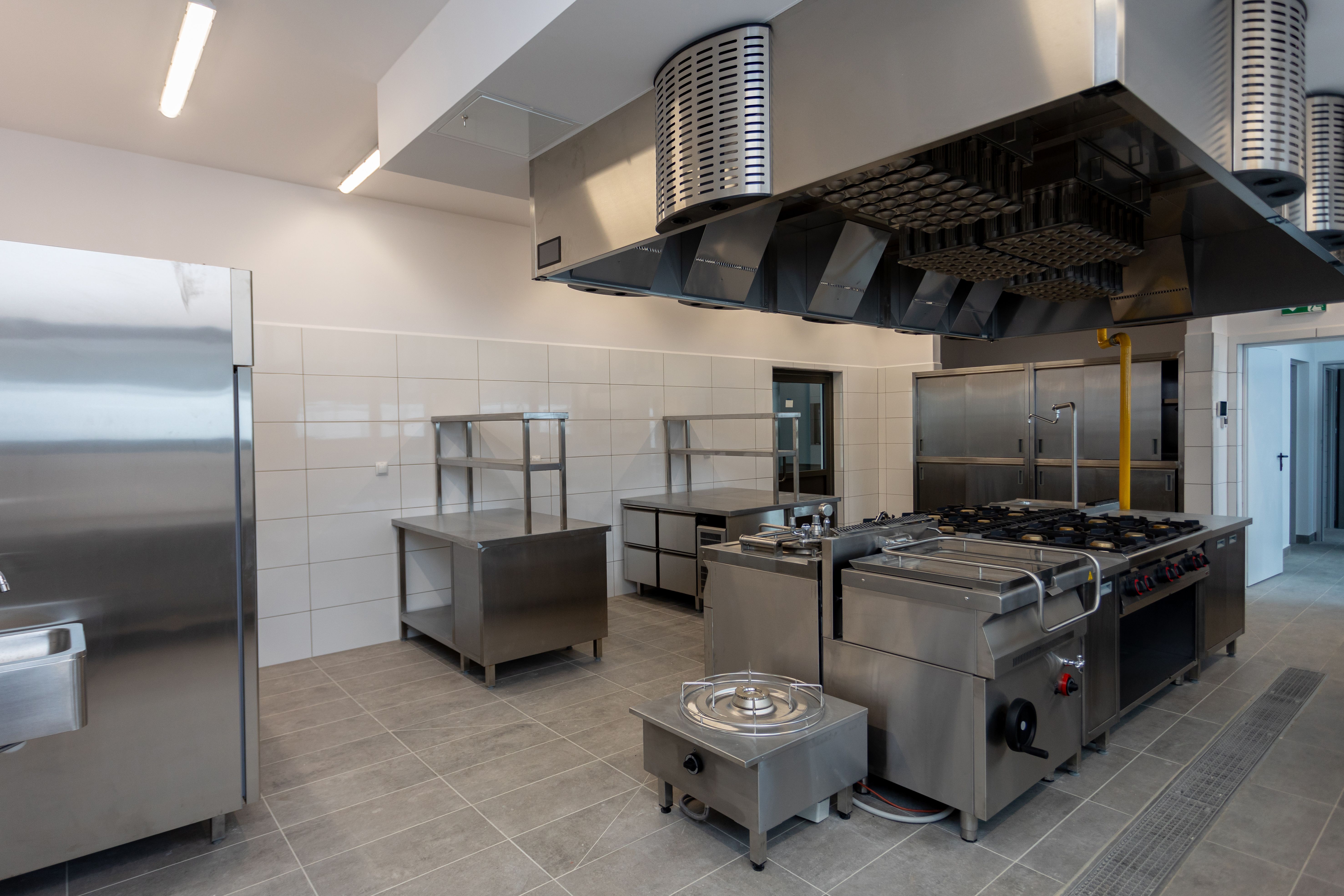The Essentials of Professional Industrial Catering
Understanding Industrial Catering
Industrial catering is a specialized sector within the food service industry that provides large-scale meal production and delivery services to various organizations. This can include corporations, schools, hospitals, and factories. The primary goal is to ensure that meals are delivered efficiently while maintaining high standards of quality, nutrition, and safety. With an ever-growing demand for professional catering solutions, understanding the essentials of industrial catering is crucial for businesses looking to optimize their food service operations.

Key Components of Industrial Catering
At the heart of industrial catering are several critical components that ensure successful operation. These include menu planning, procurement of ingredients, food preparation, and delivery logistics. Menu planning involves creating balanced meals that cater to diverse dietary needs and preferences while also considering cost-efficiency. The procurement process ensures that fresh, high-quality ingredients are sourced from reliable suppliers to maintain the nutritional value and taste of the meals.
Food preparation in industrial catering requires specialized equipment capable of handling large volumes efficiently. High-capacity ovens, industrial mixers, and automated cutting machines are some examples of equipment used to streamline the cooking process. Delivery logistics is another vital aspect, as timely distribution of meals is necessary to meet client expectations and maintain food safety standards.
Ensuring Quality and Safety
Maintaining quality and safety in industrial catering is non-negotiable. Adherence to health and safety regulations is essential to prevent foodborne illnesses and ensure customer satisfaction. This includes implementing stringent hygiene practices in the kitchen, such as regular sanitization of surfaces and equipment, and proper handling and storage of ingredients.

Staff training is also critical in upholding these standards. Employees must be educated on food safety protocols and the correct use of equipment. Regular audits and inspections help identify areas for improvement, ensuring that operations remain compliant with industry standards.
Leveraging Technology
Technology plays a significant role in enhancing the efficiency of industrial catering operations. From inventory management systems that track ingredient availability and reduce waste, to advanced cooking technologies that improve consistency and speed, technology is an invaluable asset. Additionally, online platforms for order management and customer feedback collection facilitate better communication and service delivery.

Automation is another trend gaining traction in industrial catering. Automated machines for tasks such as chopping, cooking, and packaging not only reduce labor costs but also minimize human error, leading to consistent quality in meal production.
Sustainability in Industrial Catering
As the emphasis on sustainability grows, industrial catering services are increasingly adopting eco-friendly practices. This includes sourcing ingredients from local farms to reduce carbon footprint, implementing waste reduction strategies like composting, and using biodegradable packaging materials. These efforts not only contribute to environmental conservation but also appeal to environmentally conscious clients.
Investing in energy-efficient kitchen appliances is another way catering businesses can enhance sustainability. By reducing energy consumption, businesses can lower operational costs while promoting a greener image.
The Future of Industrial Catering
The future of industrial catering lies in adaptability and innovation. As client needs continue to evolve, so must the services offered by catering companies. Emphasizing customization, where clients can tailor menus to specific preferences and dietary restrictions, will be a key differentiator in the competitive market.
Furthermore, with advances in food science and technology, industrial catering has the potential for more innovative meal solutions that are not only delicious but also nutritionally optimized. Keeping pace with these trends will be crucial for businesses seeking long-term success in the industry.
